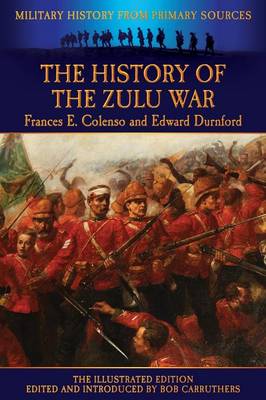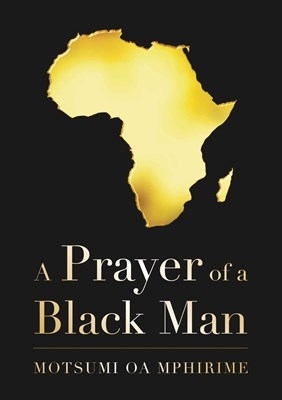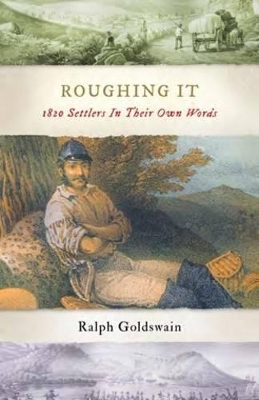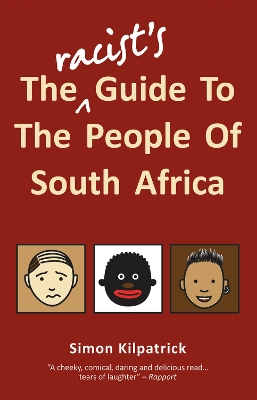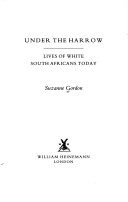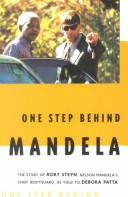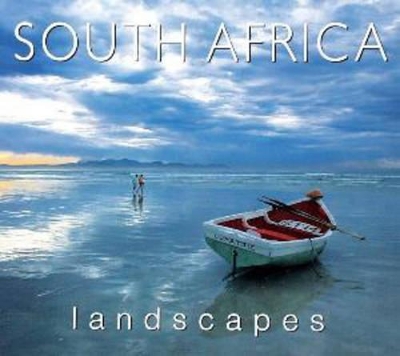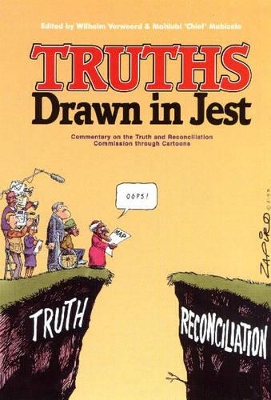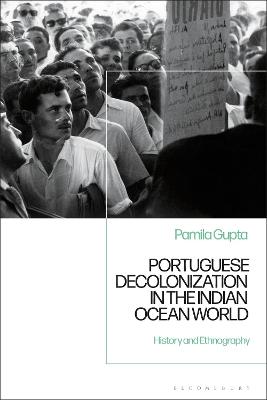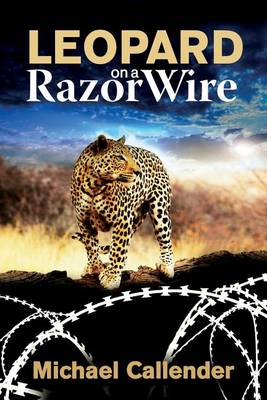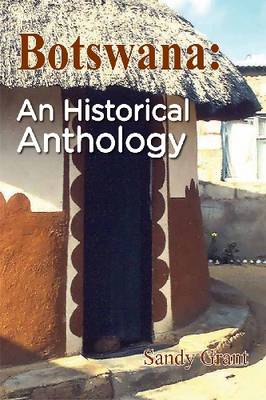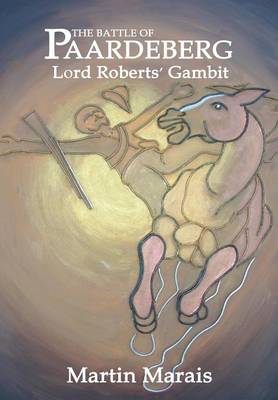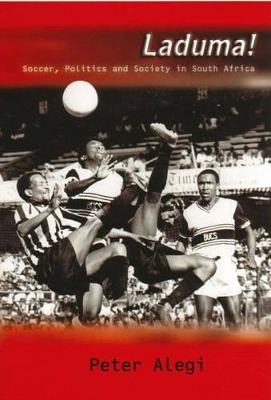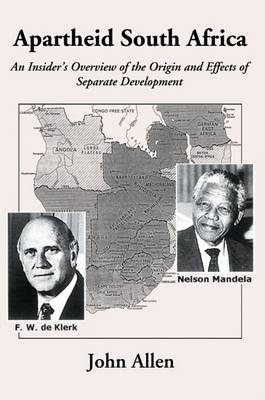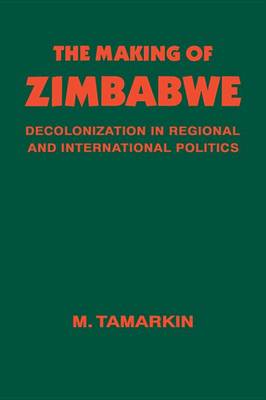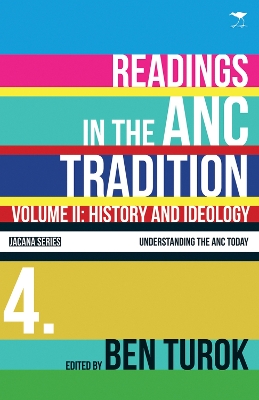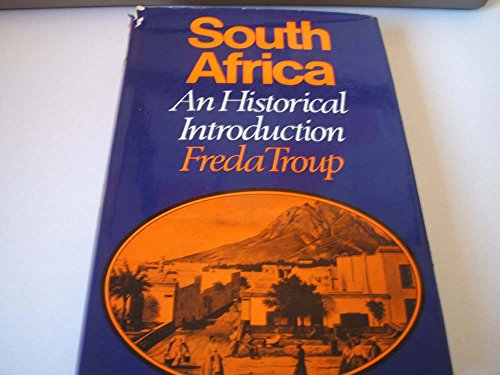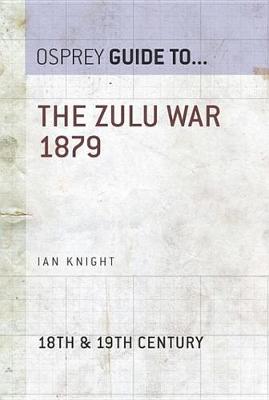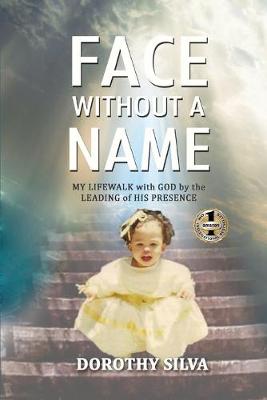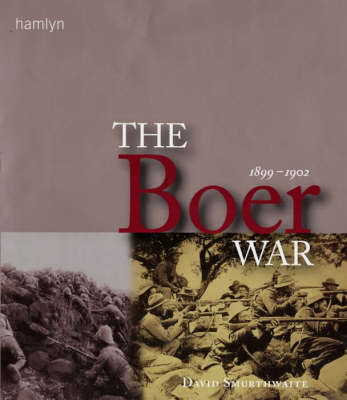Looking at Nelson Mandela's presidency from the view of his chief bodyguard, Rory Steyn, this tribute contains behind-the-scenes information and anecdotes. It also describes how Steyn, a traditional white South African, came to the realization that he would risk his life for Mandela.
Pamila Gupta takes a unique approach to examining decolonization processes across Lusophone India and Southern Africa, focusing on Goa, Mozambique, Angola and South Africa, weaving together case studies using five interconnected themes. Gupta considers decolonization through the twined lenses of history and ethnography, accessed through written, oral, visual and eyewitness accounts of how people experienced the transfer of state power. She looks at the materiality of decolonization as a moveme...
In South Africa, there are times when nothing is more important than soccer (football). "Laduma!", is an immensely informative and vital account of the history of the game in South Africa. In explaining how soccer - a sport imported with colonialism - came to be a mainstay of black sporting experience, it explores the Africanisation of the game with the introduction of rituals and magic, and the emergence of distinctive playing styles. Using archival research, interviews, newspaper, and magazine...
Making of Zimbabwe, The: Decolonization in Regional and International Politics
by M Tamarkin
These two volumes, which are meant as companion volumes to the book The Historical Roots of the ANC (published by Jacana in November 2010), provide a selection of important documents and texts that have influenced the political and policy thinking of the ANC during the course of its history. Included are historic accounts and statements by the ANC and its leading figures and by other influential African and international thinkers and statesmen like Kwame Nkrumah, Frantz Fanon and Julius Nyerere.
Diamonds, Dispossession and Democracy in Botswana (African Issues)
by Kenneth Good
Is Botswana still 'an African miracle'? Thanks to diamonds the country's growth rate was the highest in the world in the thirty years into the 1990s. Since the eve of independence in 1965 it has held regular parliamentary elections which were judged free on polling day. However a duopoly of presidentialism and ruling party preponderance has stimulated complacency among the country's rulers. What is 'perpetual democracy'? There is no hope of change of government as the first-past-the-post syste...
Southern Africa in a Global Context (Occasional Paper, v. 6)
by Sam C. Nolutshungu
The Zulu War 1879 (Osprey Campaign S., #14) (Essential Histories, #56)
by Ian Knight
Osprey's Campaign title for the Zulu War (1879). In the late 1870s the British Imperial administration in the Cape colony in southern Africa began to view the Zulu kingdom as a challenge to their authority.To contain this perceived threat, they engineered a war. The early campaigns went terribly wrong, with the decisive Zulu victory at Isandlwana. Ultimately however, the British won the war. The Zulus, primarily reliant on their skill with the stabbing spear, had no real defence or retaliation a...
Violence in a Time of Liberation
by Professor Donald L Donham and Santu Mofokeng
This turn-of-the century conflict pitched the might of the British Empire against 80,000 Boers. It is one of the most significant wars in military history bringing to the fore many household names such as Lord Kitchner, Robert Baden-Powell and even Winston Churchill. An in-depth study of the Boer War's strategies, politics and social implication, this text features eye-witness accounts that describe the brutality of the conflict from both British and Boer viewpoints.
